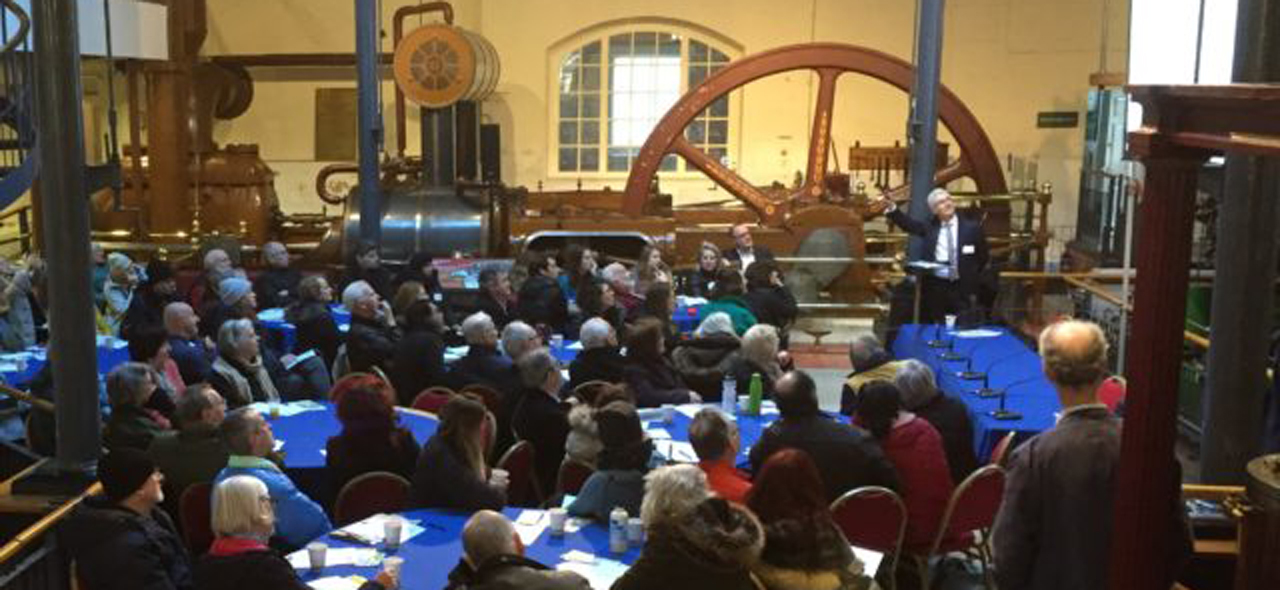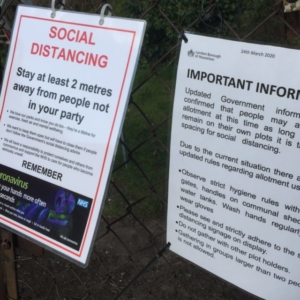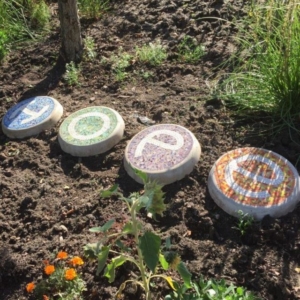Reshaping the normal

Little did we know when we held our ‘Thriving Friends: Better Parks’ conference in late January 2020 quite how alien the idea of a mass gathering on such a scale would seem just a few months later. Little could we have predicted that by the summer the role and value of parks and green-spaces would have shot to the centre of public discourse and be discussed more vehemently than probably at any point since the emergence of the public parks movement in the early 19th Century.
As many sought to access greenspace and nature on their doorstep to counteract the effect of lockdown-measures the importance and impact of safe, accessible and well-connected parks and green-spaces on people’s health and wellbeing has never been more recognised or acknowledged.

For all of us involved so closely with parks and green-spaces these revelations will come as no surprise, but when contextualised within an era of reductions in funding and decreasing resources faced by local authority parks departments one fears that this message has not been received as widely or as strongly by funders and policymakers as it could have been.
The answer? As the panic, fear and confusion of the initial stages of the pandemic subsides and we start to look ahead we realise that the rulebook has been torn up. The ‘new normal’ for parks and green-spaces doesn’t just have to be a reformatting of what has happened before, but can be an ambitious, bold and co-created vision for a new age of parks with positive outcomes for people, wildlife and the environment.
On a local level what does this mean and what can we do?
Vision planning – virtually connecting with your fellow committee members and creating an ambitious but realistic vision for your space that can be used to lobby and advocate for future investment and funding
Engaging our communities – with more people using the parks you have an opportunity to engage a wider audience that can help develop your plans going forward and build your audience. Consider conducting qualitative and quantitative usage surveys (both types can be done whilst easily adhering to social distancing) and build up a more representative picture of who uses the space and what they value about it.
Communicating – using all the tools at your disposal to communicate your work, vision and plans to your supporters and local community. Use social media, e-newsletters and online forums to share and engage. Volunteering sessions may have been cancelled and events postponed but there is still plenty to communicate – find opportunities and angles to celebrate, take inspiration from what other environmental groups are doing or take the chance to share learning, ideas and best practice.
The team at SWLEN are here to support you and your group and we would be delighted to help you develop vision plans, advise on governance, suggest contacts, support with social media and any other aspect of running a friends group. Over the coming weeks we’ll be sending out more specific information and guidance relating to some of the areas discussed above (starting with vision plans), but please get in contact if you have anything you’d like to discuss and one of the team will be in touch.

None of us can predict with any great certainty what the future will look like and few would dare. However, through vision planning, effective engagement and clear communication we can help ensure that the relevance and importance of parks and green-spaces will not be overlooked and collectively we can champion the case for more funding and investment and secure a brighter future for the places we love.